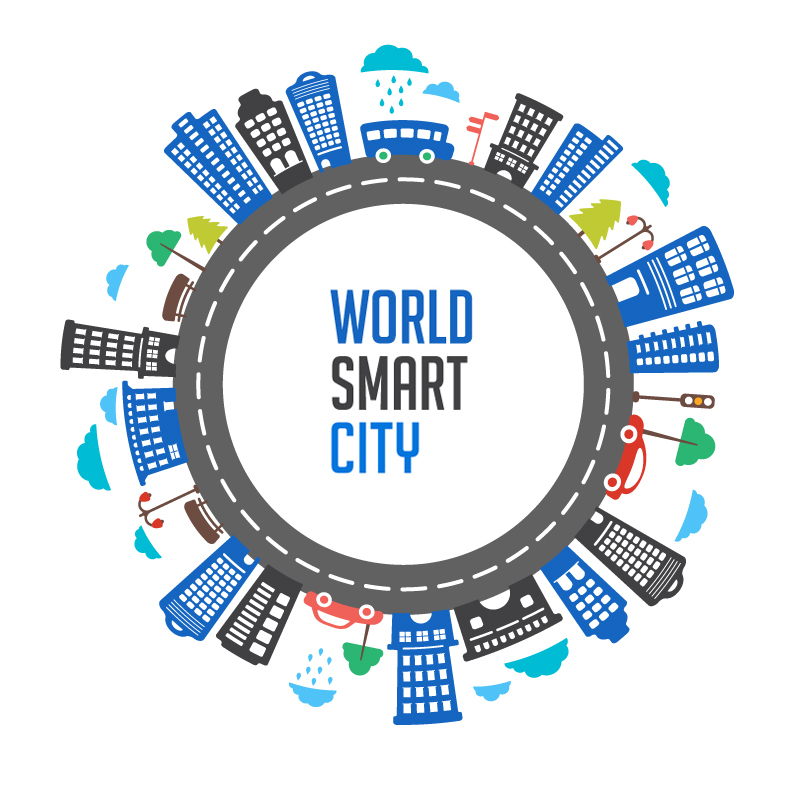Europe leads number of smart city projects, says new report
Europe is the region with the largest number of smart city projects, according to a new study conducted by Navigant Research.
The report, Smart City Tracker Q12017, examines the current state of global smart city development, covering smart energy, water, mobility, buildings, and governments sectors, segmented by region. Latin America featured as the region with the lowest number of smart city initiatives.
The latest update of the report, first published in 2013, identified as many as 250 smart city projects globally in more than 178 cities around the world with the majority focusing on government and energy initiatives, followed by transport, buildings, and water goals.

Christina Jung, Research Analyst, Navigant Research
“Europe is leading the world in terms of the number of projects, as well as the depth of cross-sector project integration,” Christina Jung, Research Analyst, Navigant Research told Cities Today. “In Europe, a significant driver for smart cities in the region is the European Commission, which launched the European Innovation Partnership on Smart Cities and Communities (EIPSCC) in 2012.”
Jung added that similarly in North America the Obama administration played a large role in boosting the number of smart city projects through finance assistance such as the Department of Transport’s US$50 million Smart City Challenge.
The report notes that smart city projects in Asia Pacific tend to be coordinated by the central government–notably in India and China. India’s Smart Cities Mission launched in 2015 by the prime minister continues to make steady progress. China’s 13th Five Year Plan renews its dedication towards infrastructure development.
In addition, as sensor technology improves and costs decrease, smart city technologies are becoming more efficient, higher performing, and cheaper than ever before, according to the report. The global market for smart city solutions and services is expected to grow from US$40.1 billion in 2017 to US$97.9 billion in 2026.
Despite a growing number of municipal governments starting to understand the benefits of IoT and connected solutions, Jung warned that “there is still a long way to go for a widespread adoption. Cities need higher levels of interdepartmental coordination, especially the inclusion of IT experts to future proof systems and infrastructure”.


